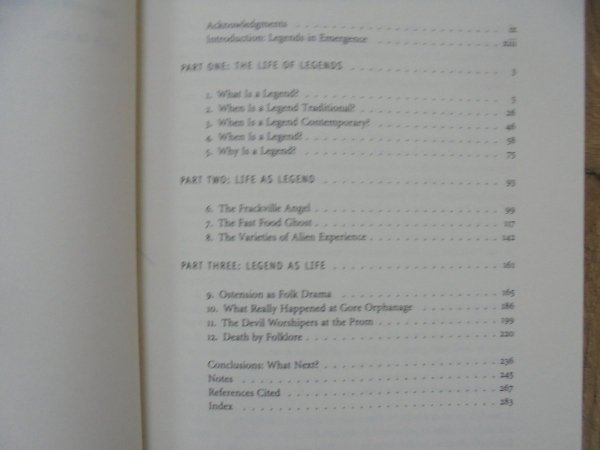Aliens, Ghosts, and Cults. Legends We Live
Autor: Bill Ellis
Wydawnictwo: University Press of Mississippi 2003
Okładka: miękka
Stan:
Kategorie
- Obcojęzyczne i do nauki języków
- Muzyka - CD, LP
- Biografie, wspomnienia, rozmowy
- Biologia, zoologia, ekologia
- Cracoviana
- Dedykacje autorskie, autografy
- Ekonomia, biznes, marketing
- Ezoteryka, parapsychologia, UFO
- Filozofia
- Fizyka, astronomia, chemia
- Geologia, geografia
- Historia
- Informatyka
- Judaika
- Kochankowie Drogi - Bitnicy, Hippisi, Inni
- Komiksy, superbohaterowie
- Kryminał i sensacja
- Ksiażki wydane przed 1945
- Literatura
- Literatura dziecięca i młodzieżowa
- Literaturoznawstwo, językoznawstwo
- Literatura podróżnicza, góry, przygoda
- Marynistyka, żeglarstwo, powieść marynistyczna
- Matematyka
- Medycyna, nauki medyczne
- Medycyna naturalna, zioła, diety
- Militaria, broń, wojskowość
- Pamiątki PRL-u
- Polska okładka i obwoluta [znani ilustratorzy]
- Poezja
- Popularnonaukowe
- Poradniki
- Prawo
- Przewodniki i książki krajoznawcze
- Psychologia, pedagogika
- Religioznawstwo
- Różności
- Science-fiction, fantasy, horror
- Słowniki, encyklopedie, leksykony
- Socjologia, etnologia, politologia
- Sport
- Sztuka
- Technika, nauki techniczne
- Czasopisma
- Pocztówki i fotografie
- Film, teatr - DVD
- Audiobooki
- Wyprzedaże, przeceny




